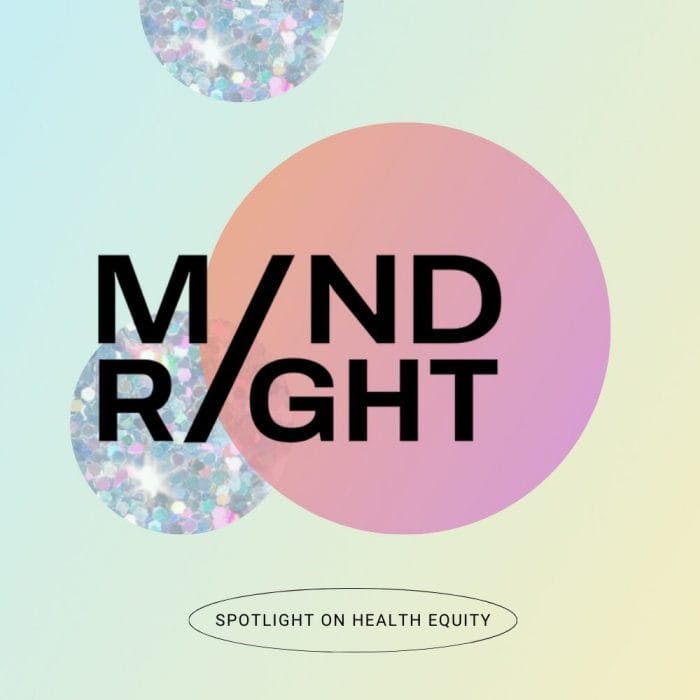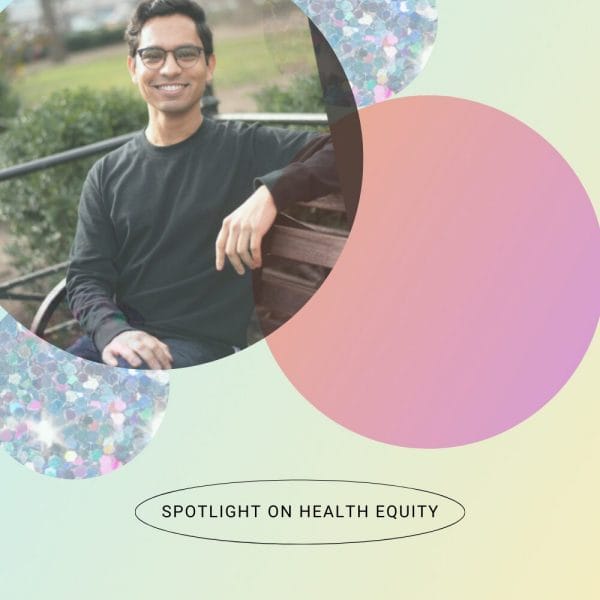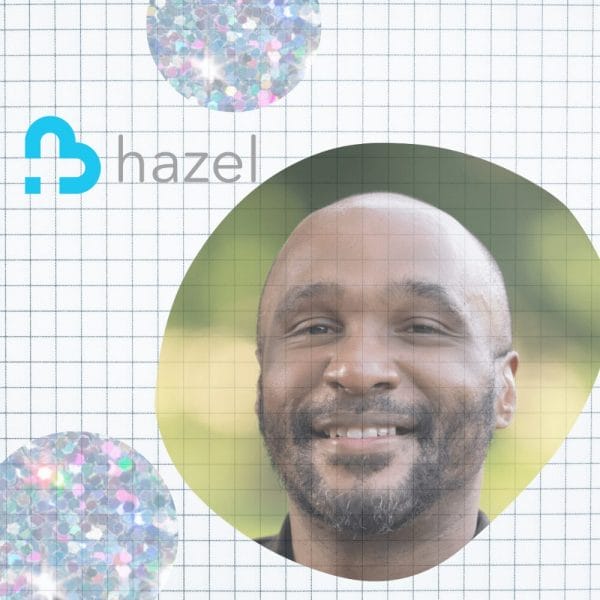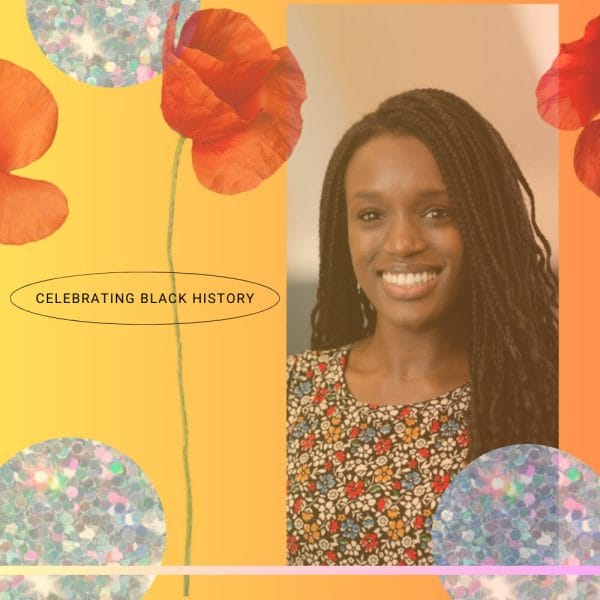Hopelab strives to center equity in all facets of our work, especially through our investment approach, as we back founders with lived experience related to the youth and mental well-being topics their venture supports. Julie Tinker, Hopelab’s Principal Designer of Equity Innovation, sat down with Ashley Edwards, Founder and CEO of MindRight Health, to spotlight how Ashley’s leadership creates more equitable health outcomes for underserved communities.
This interview has been edited for clarity and length.
Julie: Why is health equity important to you personally, Ashley?
Ashley: Because I believe in a future where the likeliness of certain health outcomes are not determined by our race, our gender identity, or our zip code. I’m really fighting for mental health equity. I believe that all communities deserve a right to have access to healing, especially marginalized communities impacted by intergenerational trauma and systemic oppression.
Julie: What are the ways health equity comes out in the values of your company or in the practices and the work you do at MindRight?
Ashley: It’s honestly really simple. At MindRight, we believe in meeting people where they are, which is actually a radical concept when it comes to healthcare. We know that in mental health, there are all these obstacles to getting care. There’s the cost, there’s accessibility, and then there’s also a very valid distrust of healthcare providers, especially in underserved communities.
And that distrust is valid due to historical harm that has been done to those communities by providers and systems. And so at MindRight, instead of forcing people to engage in standard traditional services like clinical therapy, we believe in meeting impacted communities where they are because not everyone is therapy-ready. That’s why we’re really passionate [about] providing non-clinical solutions, because it gives power back to communities and lets them determine what healing tools they want to use. And so for us, that’s really a part of the equity. It’s about redistributing power in provider relationships, and that’s what MindRight’s about.






